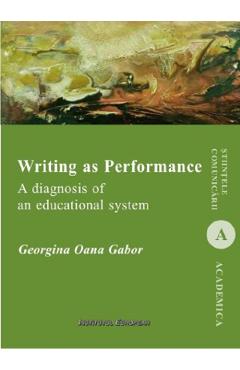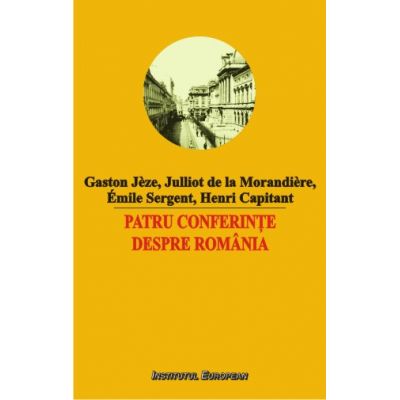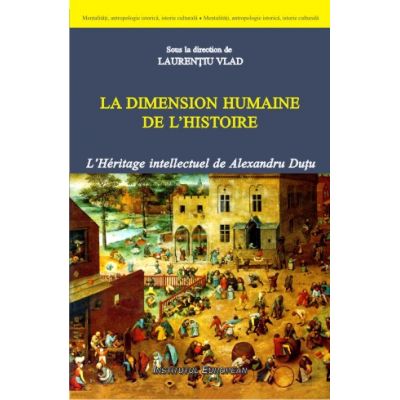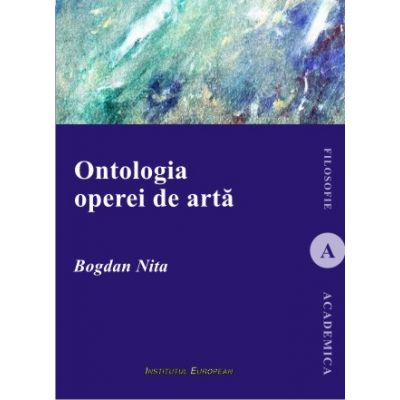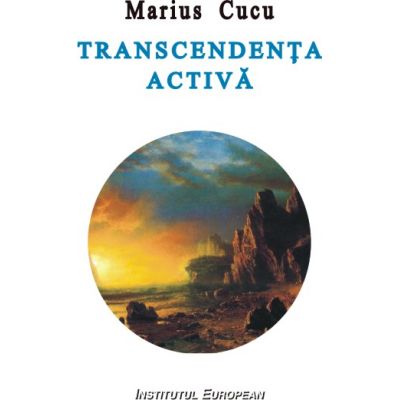Writing as Performance | Oana Georgiana Gabor
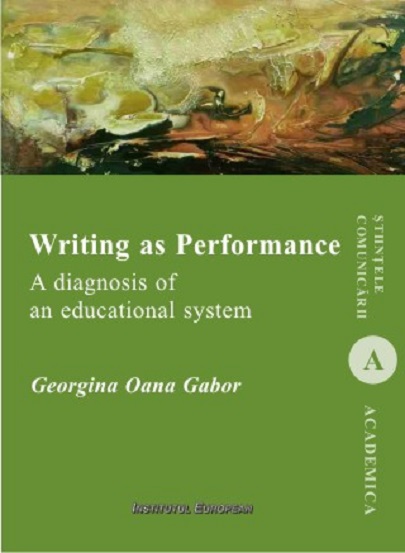
Detalii Writing as Performance | Oana
carturesti.ro
39 Lei
Carte straina
Institutul European
Writing as Performance | Oana - Disponibil la carturesti.ro
Pe YEO găsești Writing as Performance | Oana de la Institutul European, în categoria Carte straina.
Indiferent de nevoile tale, Writing as Performance | Oana Georgiana Gabor din categoria Carte straina îți poate aduce un echilibru perfect între calitate și preț, cu avantaje practice și moderne.
Caracteristici și Avantaje ale produsului Writing as Performance | Oana
- Departament: gaming-carti-birotica
- Ideal pentru pasionații de jocuri, birotică și distracție online.
Preț: 39 Lei
Caracteristicile produsului Writing as Performance | Oana
- Brand: Institutul European
- Categoria: Carte straina
- Magazin: carturesti.ro
- Ultima actualizare: 27-10-2025 01:24:43
Comandă Writing as Performance | Oana Online, Simplu și Rapid
Prin intermediul platformei YEO, poți comanda Writing as Performance | Oana de la carturesti.ro rapid și în siguranță. Bucură-te de o experiență de cumpărături online optimizată și descoperă cele mai bune oferte actualizate constant.
Descriere magazin:
This book has a political rationale. It purports to mediate an understanding of a possible venue for the development of the Romanian Communication Studies discipline along the lines of a humanistic perspective, which entails qualitative inquiry. As an effect of such understanding, we, the representatives of Communication Studies in Romania, would become abler to coordinate our expectations from and for the field with those which drive the research agendas in Communication Studies in other countries. This book also presents an epistemological rationale for the usefulness of such a political move. It states that, throughout our academic enterprises, we, intellectuals worldwide have a genuine interest in learning how the world works and what our role is into the production of knowledge. From the angle that the Communication Studies discipline views the world, it appears that our mandate as Communication Studies scholars is to communicate the truth(s) which we produce through and within our discourses, may those be spoken or written. This book pleads for the privileged interpretation of discourse as the main venue for the construction of such valuable societal goals as freedom, justice, and harmony. It prescribes responsibility for such construction to the scholars in the Communication Studies field, whose telos should entail societal emancipation.

Produse asemănătoare

Writing as Performance. A diagnosis of an educational system. Stiintele comunicarii/Georgina Oana Gabor
![]() elefant.ro
elefant.ro
Actualizat in 24/10/2025
41.23 Lei
Produse marca Institutul European
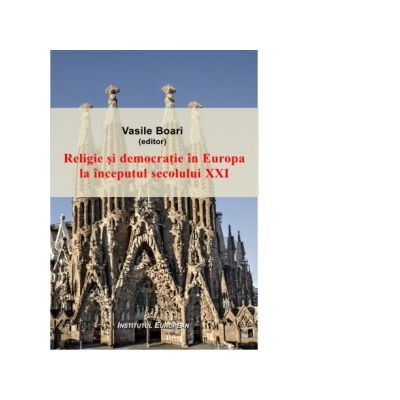
Religie si democratie in Europa la inceputul secolului 21 - Vasile Boari
![]() grupdzc.ro
grupdzc.ro
Actualizat in 28/10/2025
47.5 Lei
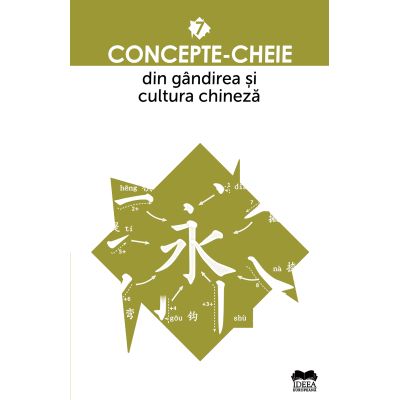
Concepte-cheie din gandirea si cultura chineza Vol. VII
![]() grupdzc.ro
grupdzc.ro
Actualizat in 28/10/2025
31.63 Lei
